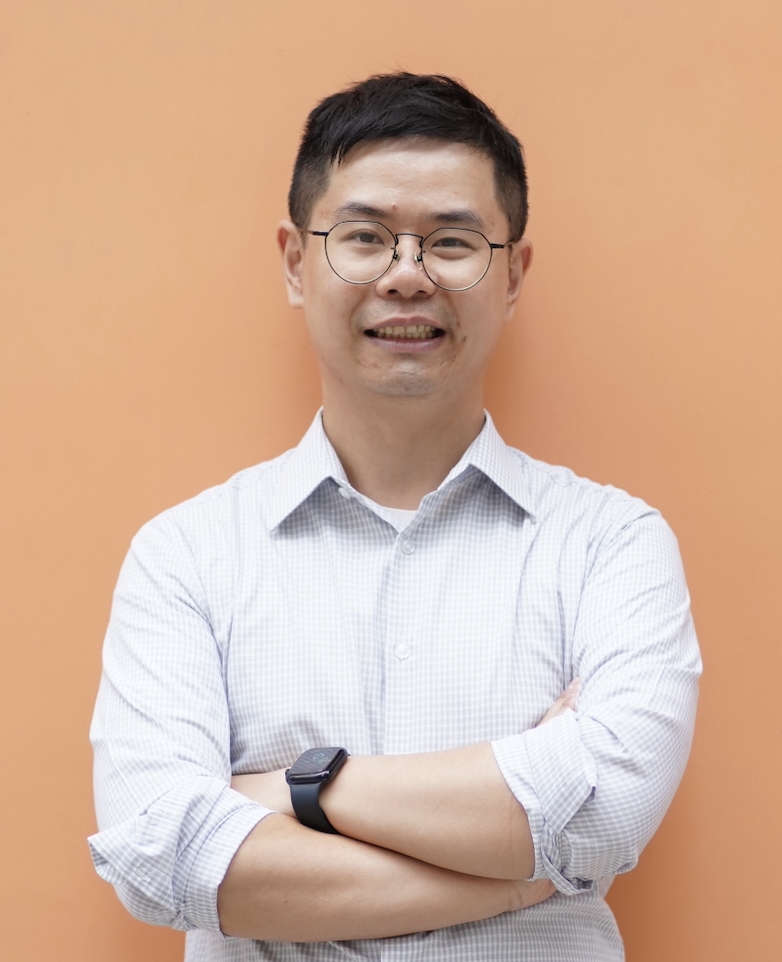Upcoming Talks

The Economic Consequences of Protest Repression: the Case of Business Activism in Hong Kong
Date: April 24/25, 2025
Time: 9 am Hong Kong Time (4/25) ; 8 pm Central Time; 9 pm Eastern Time; 6 pm Pacific Time
Speaker: Terry Shen Yang, Lingnan University
Discussant: Debby Chan, Australian National University
Registration Required
Studies of contentious politics have extensively examined the impacts of protest repression on mobilization, but the implications of repression on economic phenomena have received little attention. This study contributes to the literature by examining the impact of protest repression on business activism. Business activism refers to businesses taking a public stance on controversial social-political issues, which has also been understudied in academic research. We examine the effect of protest repression on business activism through the case of the “yellow economy circle” since the 2019 Anti-ELAB Movement in Hong Kong, in which some businesses publicly take a pro-movement stance by labeling themselves as “yellow businesses.” Utilizing a novel dataset containing geographical information about pro-movement “yellow restaurants,” we find that constituencies that experienced protest repression had a higher proportion of “yellow restaurants.” We provide two explanations for the causal effect, one from the financial-profit perspective and the other from the socio-psychological perspective. The effect of protest repression was more pronounced in constituencies with a higher proportion of pro-movement citizens, supporting the financial-profit explanation that protest repression causes business activism when businesses find it profitable to attract political consumers.
Speaker
 Terry Shen Yang is an Assistant Professor at the Department of Government and International Affairs, Lingnan University. He is trained to be a comparative political scientist with special expertise in the politics of mainland China and Hong Kong. His research interests cover comparative politics, political economy, contentious politics, social identities, and public opinions. He has published articles in peer-reviewed journals such as the China Journal, Political Behavior, and Social Movement Studies.
Terry Shen Yang is an Assistant Professor at the Department of Government and International Affairs, Lingnan University. He is trained to be a comparative political scientist with special expertise in the politics of mainland China and Hong Kong. His research interests cover comparative politics, political economy, contentious politics, social identities, and public opinions. He has published articles in peer-reviewed journals such as the China Journal, Political Behavior, and Social Movement Studies.
Discussant
 Debby Chan is a lecturer at the Australian Centre on China in the World at the Australian National University. Her research interests concern social responses to China’s economic statecraft. She is the author of Defying Beijing: Societal Resistance to Belt and Road in Myanmar, published by ANU Press.
Debby Chan is a lecturer at the Australian Centre on China in the World at the Australian National University. Her research interests concern social responses to China’s economic statecraft. She is the author of Defying Beijing: Societal Resistance to Belt and Road in Myanmar, published by ANU Press.
More to Come
To Be Announced.